There’s a revolutionary technology in the heating and cooling industry that is changing the game – sorption heat pumps. These innovative systems offer significant advantages over traditional options by utilizing a unique sorption process to efficiently transfer heat. In this blog post, we will explore the key differences that make sorption heat pumps a standout choice for sustainable and cost-effective heating and cooling solutions.
Fundamentals of Sorption Heat Pumps
The Science Behind Sorption Processes
Fundamentally, sorption heat pumps operate on the principle of adsorption or absorption to transfer heat. In adsorption, the refrigerant adheres to the surface of a solid material. On the other hand, absorption involves the uptake of the refrigerant into a liquid, typically a solvent. These processes allow for efficient heat transfer and are key to the functionality of sorption heat pumps.
Types of Sorption Heat Pumps: Absorption and Adsorption
Understanding the two main types of sorption heat pumps, absorption, and adsorption, is crucial for grasping their operational differences. Absorption heat pumps use a liquid absorbent to transfer heat, while adsorption heat pumps rely on a solid adsorbent material. Comparing the two types reveals their unique characteristics and suitability for various applications.
| Absorption Heat Pumps | Adsorption Heat Pumps |
| Operate with a liquid absorbent | Utilize a solid adsorbent material |
| Commonly used in refrigeration | Preferred for certain industrial applications |
| Higher efficiency in some scenarios | Can be more cost-effective in specific situations |
| Require regular maintenance | Less maintenance due to solid-state operation |
| Suitable for smaller-scale setups | Ideal for larger-scale installations |
Advantages of Sorption Heat Pumps Over Traditional Systems
Energy Efficiency and Environmental Impact
Environmental consciousness is becoming increasingly important in today’s society, and sorption heat pumps offer a more eco-friendly alternative to traditional heating and cooling systems. These systems are highly energy efficient, utilizing natural processes like adsorption or absorption to transfer heat, reducing the overall energy consumption and carbon footprint of a building.
Flexibility in Energy Sources and Applications
Sorption heat pumps provide a significant advantage in their flexibility when it comes to energy sources and applications. Unlike traditional systems that rely solely on electricity or fossil fuels, sorption heat pumps can utilize a variety of energy sources such as solar energy, waste heat, or natural gas. This versatility allows for greater customization and efficiency in different settings, making them a practical choice for a wide range of applications, from residential buildings to industrial facilities.
Challenges and Considerations
Initial Investment and Cost Analysis
For many, the initial investment in a sorption heat pump system can be a deterrent compared to traditional options. Sorption heat pumps typically have a higher upfront cost due to the advanced technology involved. However, it is important to consider the long-term savings and efficiency that these systems can offer over time. Conducting a thorough cost-benefit analysis can help in making an informed decision.
Maintenance and Operational Aspects
To ensure optimal performance, regular maintenance of sorption heat pumps is crucial. This includes tasks such as cleaning filters, checking for leaks, and verifying proper functioning of components. Operational aspects such as monitoring energy consumption and adjusting settings as needed are also vital in maximizing efficiency and longevity of the system.
Plus, with proper maintenance, sorption heat pumps can offer a reliable and energy-efficient heating and cooling solution for residential and commercial buildings. Their eco-friendly operation and ability to utilize waste heat make them a standout choice for sustainable environments.
The Future of Heating and Cooling
Innovative Developments in Sorption Technology
One of the most exciting aspects of sorption heat pumps is the continuous advancements in sorption technology. Researchers and engineers are constantly working on improving the efficiency and performance of sorption systems, making them even more competitive with traditional heating and cooling options. These innovations include enhancing the sorbent materials, optimizing heat exchanger designs, and exploring new working pairs to expand the application possibilities of sorption heat pumps.
Integrating Sorption Heat Pumps in Modern Energy Systems
Future energy systems are moving towards greater integration of renewable energy sources and increased energy efficiency. Sorption heat pumps are well-suited to play a significant role in these modern energy systems. By leveraging the flexibility of sorption technology, it becomes possible to effectively store and utilize excess renewable energy, thereby reducing reliance on traditional fossil fuels and contributing to a more sustainable energy future.
Developments in controls and smart grid technologies are also paving the way for seamless integration of sorption heat pumps into modern energy systems. These advancements allow for better coordination between energy generation, storage, and consumption, maximizing the benefits of sorption heat pumps in achieving energy efficiency and sustainability goals.
Conclusion
Following this discussion, it is evident that sorption heat pumps offer a more sustainable and energy-efficient alternative to traditional heating and cooling systems. By utilizing natural refrigerants and waste heat sources, sorption heat pumps stand out for their environmentally friendly operation and reduced energy consumption. These systems provide a viable solution for lowering carbon footprints and decreasing reliance on fossil fuels, making them an attractive option for both residential and commercial applications. With advancements in technology and increasing awareness of environmental concerns, sorption heat pumps are poised to play a significant role in the transition towards a greener future.
Related Posts
 Top 10 Benefits Of Working With A UK Ventilation Supplier
Top 10 Benefits Of Working With A UK Ventilation Supplier
 Do Absorption Heat Pumps Provide An Energy-Efficient Solution?
Do Absorption Heat Pumps Provide An Energy-Efficient Solution?
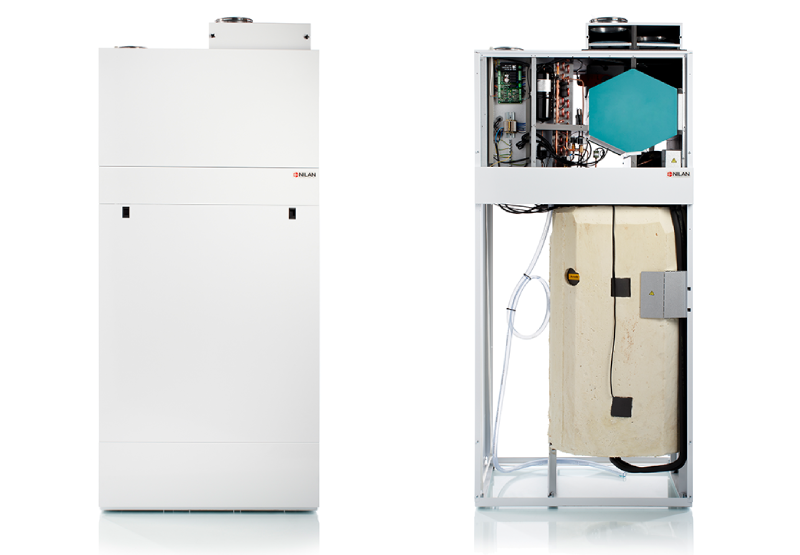 Nilan Compact P Air 9 – A Feature-Packed Ventilation Unit for Homes
Nilan Compact P Air 9 – A Feature-Packed Ventilation Unit for Homes
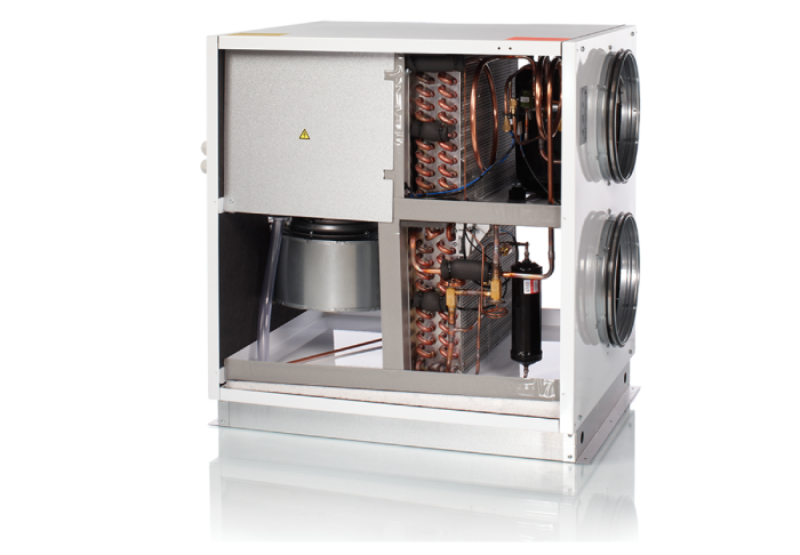 Nilan VPL 28 heat pump
Nilan VPL 28 heat pump
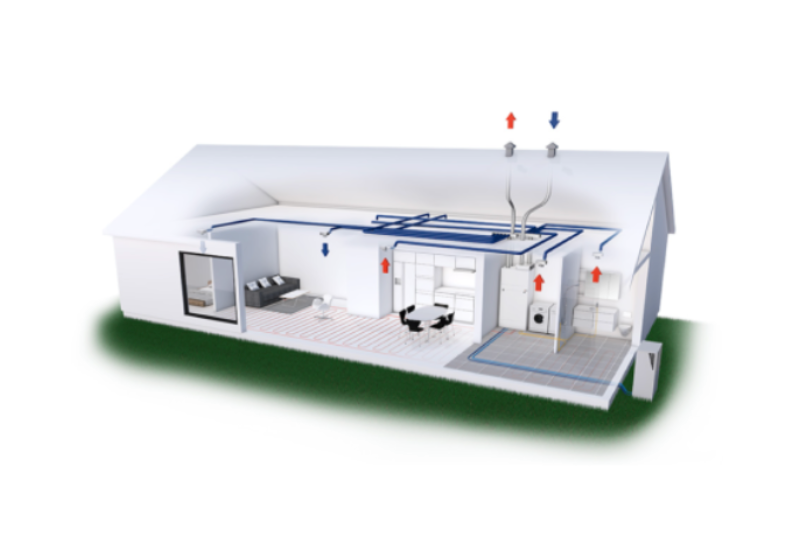 5 Benefits of a Heat Pump – All Explained
5 Benefits of a Heat Pump – All Explained
 Unlocking Energy Savings: Your Guide to Government Incentives and Tax Credits for Renewable Heating
Unlocking Energy Savings: Your Guide to Government Incentives and Tax Credits for Renewable Heating
 How To Save Money By Choosing The Right Nilan Installer For Your Home
How To Save Money By Choosing The Right Nilan Installer For Your Home
 The Complete Guide To Properly Maintaining Your MVHR System
The Complete Guide To Properly Maintaining Your MVHR System
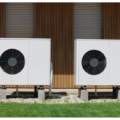 Have You Considered Using Thermotransport Heat Pumps In Your Home?
Have You Considered Using Thermotransport Heat Pumps In Your Home?
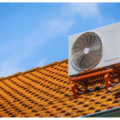 How To Choose The Right MVHR System For Your Property
How To Choose The Right MVHR System For Your Property

